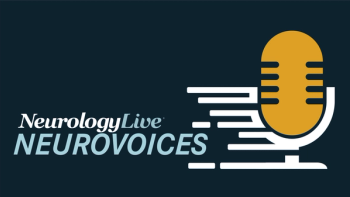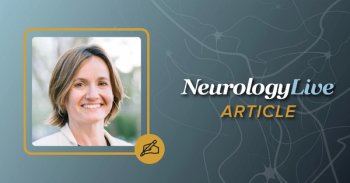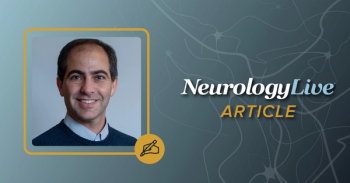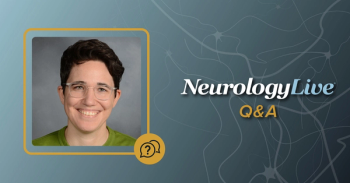
Changing the Perception of Narcolepsy to Reduce Stigma: Mark I. Boulos, MD, MSc, FRCP, CSCN
The associate professor, department of medicine, division of neurology, Institute of Medical Science, University of Toronto, discussed recent research that challenged the conventional definitions of sleep and how narcolepsy is often stigmatized. [WATCH TIME: 2 minutes]
WATCH TIME: 2 minutes
"The truth is, narcolepsy is a brain disorder, often misunderstood as laziness or poor time management, thus highlighting the need to break the stigma and promote early detection."
Narcolepsy, a rare sleep disorder, has a substantial adverse impact on patients’ health-related quality of life and psychological well-being. A recent study published in SLEEP Advances showed that patients with narcolepsy identified fatigue, sleepiness, and 2 separate experiences of 'falling asleep/sleep attacks' as distinct symptoms often grouped as excessive daytime sleepiness.1 Additionally, patients in the study attributed their own meaning of the condition that differed from the literature. Notably, almost all participants experienced frequently anticipated and internalized- or self-stigma, which researchers suggested was likely because of societal devaluation of sleep and conflation of sleepiness with laziness.
In a recent
Senior author
REFERENCES
1. Schokman A, Cheung J, Milton A, et al. The Lived Experience of Narcolepsy - From Symptoms to Stigma,SLEEP Adv. 2023;4(Supplement_1):A26. doi:/10.1093/sleepadvances/zpad035.066
2. Iskander A, Jairam T, Wang C, Murray BJ, Boulos MI. Normal multiple sleep latency test values in adults: A systematic review and meta-analysis. Sleep Med. 2023;109:143-148. doi:10.1016/j.sleep.2023.06.019
Newsletter
Keep your finger on the pulse of neurology—subscribe to NeurologyLive for expert interviews, new data, and breakthrough treatment updates.










